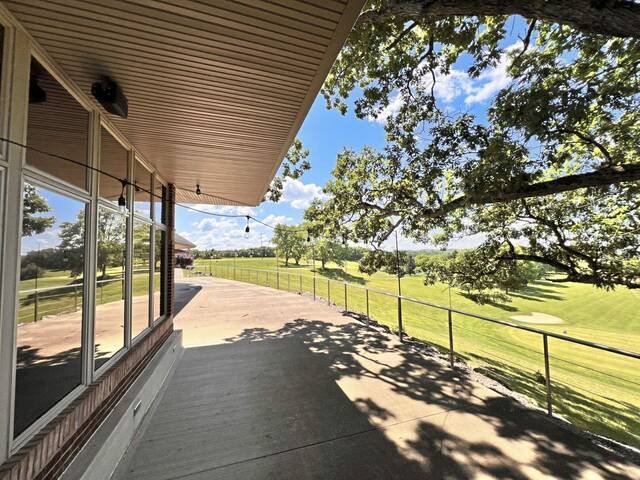The former Inn at Lenape Heights Event Center and Golf Resort was sold in January for $2.5 million.
It prompted a flurry of questions as people in the Manor Township community were left wondering about the impact. The closing took away a hotel, restaurant and location for weddings and other parties. People suddenly were scrambling to find a new location for weddings already booked.
Five months later, the Lenape Wellness Center is about to open in its place. It won’t offer a lovely brunch or have the perfect spot for first dance or a cake cutting. It will provide mental health treatment.
The change in focus speaks to need.
In 2020, the Substance Abuse and Mental Health Services Administration put the number of people dealing with mental illness at 20% of the population. That was based on information from 2019 — before the coronavirus pandemic.
At the same time, Americans are finding it harder to access mental health services. Millions live in mental health care deserts. The Health Resources and Services Administration identifies 10 in Allegheny County alone and two in Westmoreland. Similar deficits exist in Beaver, Butler, Fayette, Green, Indiana, Somerset and Washington counties. Armstrong County had none listed.
The Lenape Center is a private facility for short-term treatment of everything from eating disorders to bipolar disorder to post-traumatic stress. It will offer the kind of care people need for weeks or months. That kind of an inpatient facility has been steadily decreasing over the years.
Will everyone be able to access a private facility with an in-house spa and hiking trail like that planned for the former golf and event center? Of course not.
But new mental health beds for anyone can help alleviate the shortage of available mental health services overall.
And that access can trickle down into other critical areas. Mental health is a factor in school violence and discipline. It impacts crime. It contributes to homelessness. It can drive addiction as people seek to self-medicate with illegal drugs. It can be part of domestic abuse.
The Lenape Center is not the solution to all of these problems. But more mental health care is an aspect of tackling all of them. That makes new providers and facilities a win for everyone.








